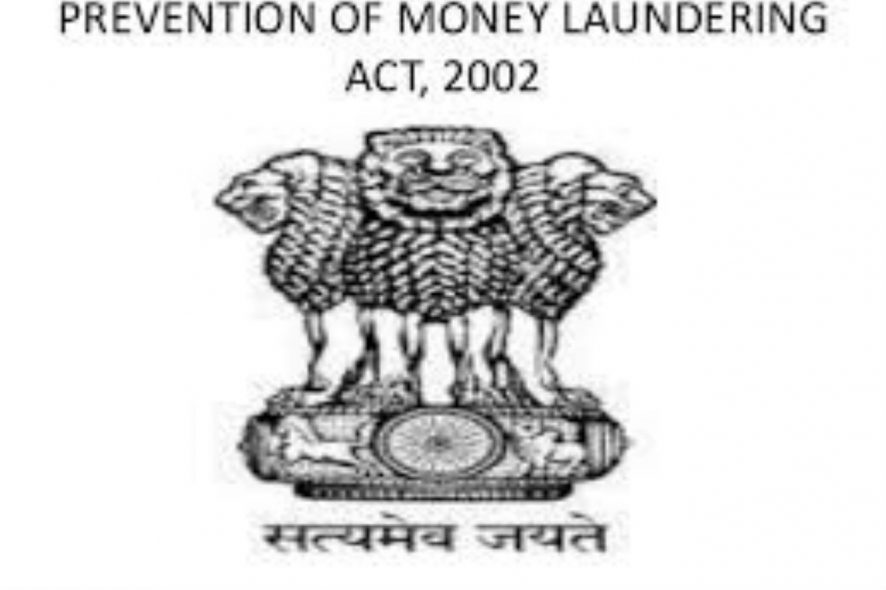Appellate Tribunal for Prevention of Money Laundering: A Coram of Justice Manmohan Singh (Chairperson) and G.C Mishra (Member) allowed an appeal against the order passed by the Adjudicating Authority to retain seized assets based on a reasonable belief of the respondents.
In this instant case, an FIR was registered by the Central Bureau of Investigation in relation to allegations that Sterling Group of companies and the Sandesara Group were involved in bribing public officials in the period between the period 2005 to 2011 for obtaining tenders for the supply of goods, loans by banks and financial institutions. The statements of one Ajay Panchal, who was maintaining diaries in the year 2011 was recorded, and it was stated that Angadias, one of the appellants, were involved in the transfer of suspected proceeds of crime from Vadodara to Delhi between “Starling Biotech Limited and various individuals/entities based in Delhi”. There was a search of the appellant’s premises and properties were seized based on the FIR.
The Appellate Tribunal took note of the allegations against the appellants and ordered that the impugned orders were passed without any due consideration to the provisions of the Prevention of Money Laundering Act, 2000. The Appellate Tribunal, in its findings, opined that the allegations that the appellant’s services were used to transfer funds from the Sandesara Group to certain public officials did not hold true since the averment as to the whether there were any proceeds of crime was not concluded by the Directorate of Enforcement. The properties seized, pertained to the year 2017 whereas in the FIR and complaints it was noted that the transactions took place between 2005 and 2011. The Tribunal opined “the impugned orders have been passed without any application of mind and in a completely mechanical manner.”
It was noted by the Tribunal that the Respondents failed to produce any material having relation or link between the appellants and Sterling Biotech Ltd., they also could not provide any proceeds of crime being generated from the transactions. The Petitioners have the option to enforce Section 8(8) of PMLA which provides an alternative statutory remedy to allow the release of property even during trials. The Appellate Tribunal noted that Sections 17 to 21 of PMLA provide that the outer limit up to the date for deciding the application for retention of property within the meaning Section 21(4) is 180 days from the date of seizure of any property or records and this said period cannot be extended. Thus, the Appellate Tribunal reiterated the provisions of Sections 17 and 18 of PMLA and stated that if the Adjudicating Authority has a legitimate reason for investigation of the said property, it should pass an order on the same and direct for investigation wherein the assets will be frozen for a period not exceeding 90 days, otherwise, the properties shall be defreezed.
The Appellate Tribunal ordered that in this instant case, the properties were seized for the purpose of investigation and the 90 days period had elapsed and there were no concrete averments against the appellants or their property hence the properties were to be defreezed.[Kapoor Chand Galbaji Prajapati v. Joint Director, Directorate of Enforcement, Delhi, FPA-PMLA-2231-2334/DLI/2018, decided on 02-05-2019]







